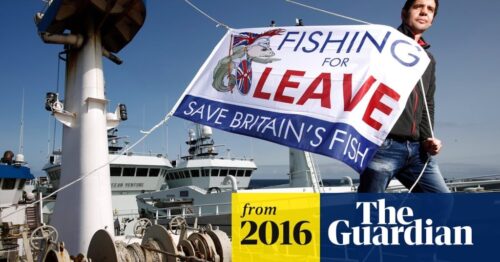The harm caused by Brexit: a wee example
The headline reads: “Brexit has cost the UK up to £100m in lost salmon sales, according to industry body Scotland Salmon.”
Increased red tape and costs triggered by the UK’s departure from the EU in January 2020 has seen exports of Salmon to the trade bloc drop 16% to 44,000 tonnes in 2023.
While export values to the EU were only down 3% to £356m, this was only because strong global demand had driven up prices. Had the sector maintained volumes at 2019 levels, sales would have been above £430m.
Ultimately the sector experienced a net loss of £75m, or up to £100m had it continued to grow at the rate previously expected.
Comment: I’ve written about Brexit repeatedly (for example here) always with a dim view of its value, especially to food and agriculture. In today’s world we need unity and community and taking care of each other, not splitting apart. Nobody much wants to talk about what a disaster it has been for the UK. I thought this was a small and specific example, but I’m guessing it’s highly representative. Brexit was a tragedy for the UK. Really, they ought to admit error, apologize, and repeal it.
Additon: Oh, the irony (thanks to Hugh Joseph)


